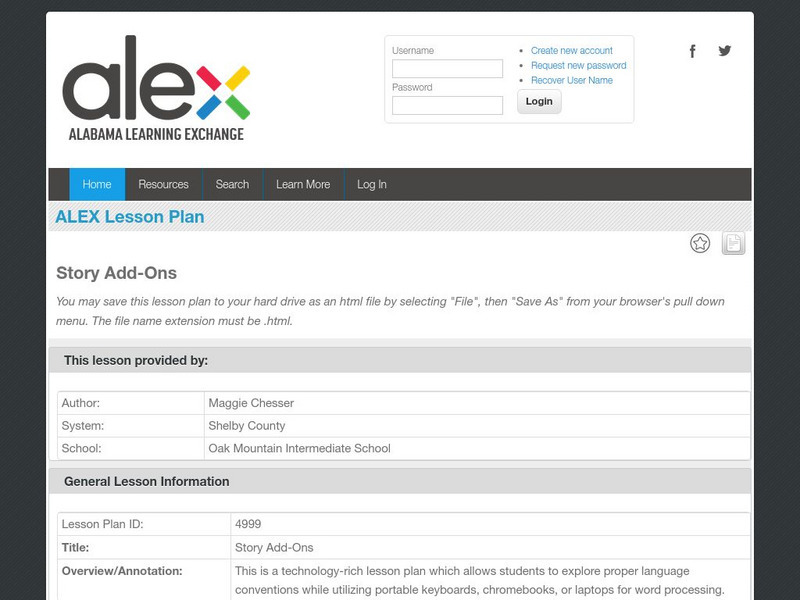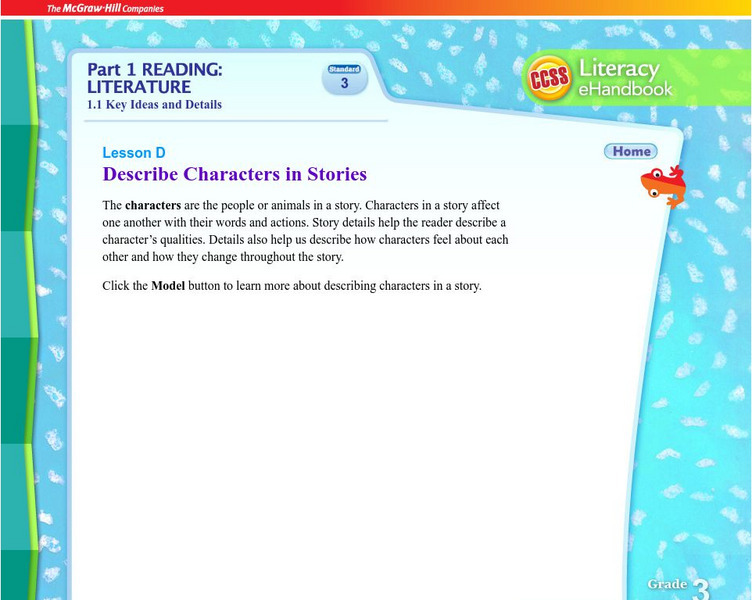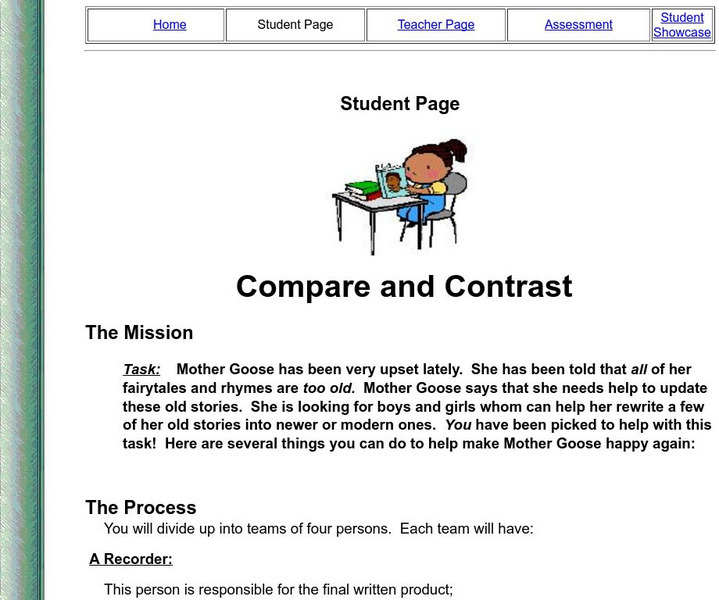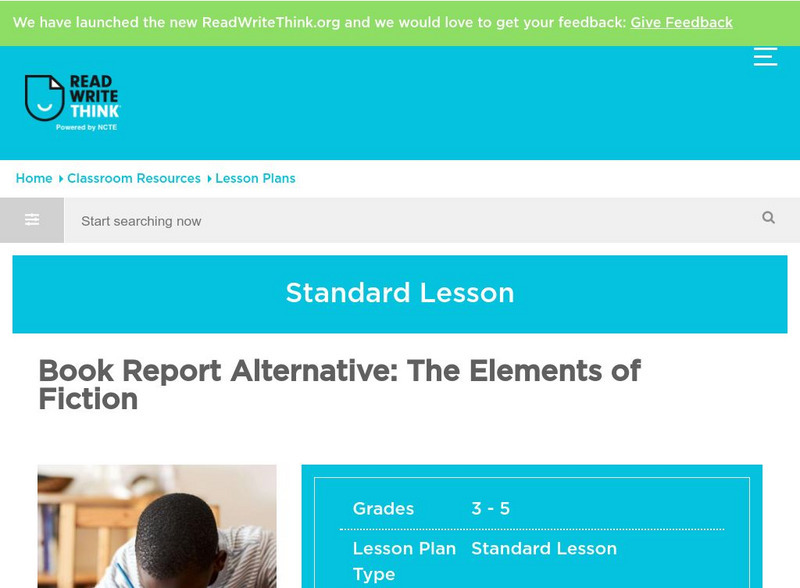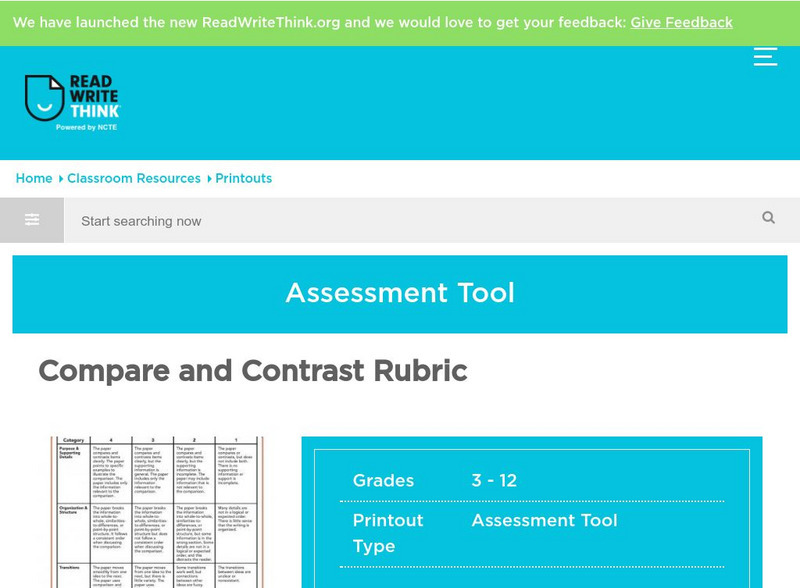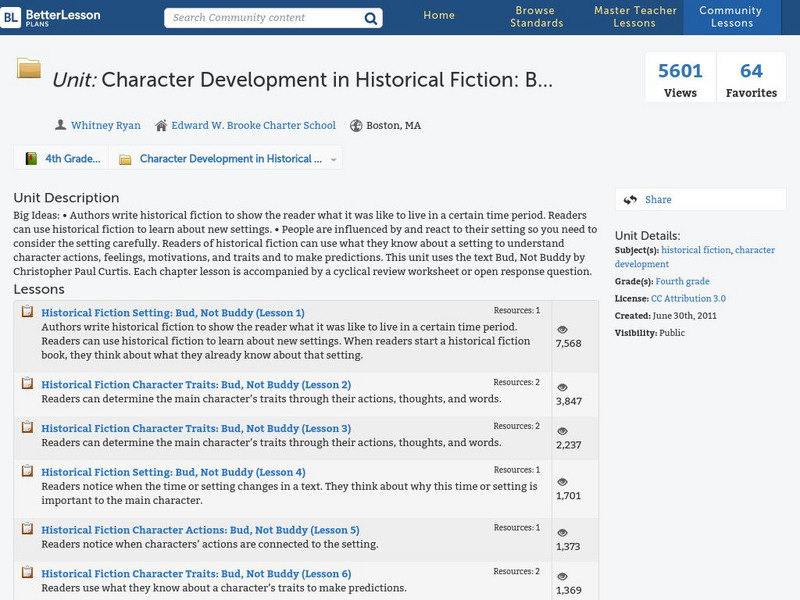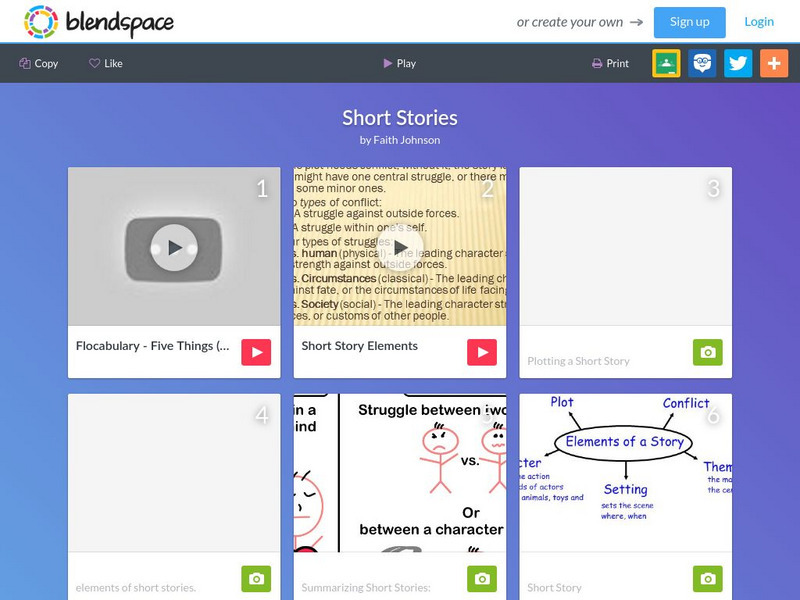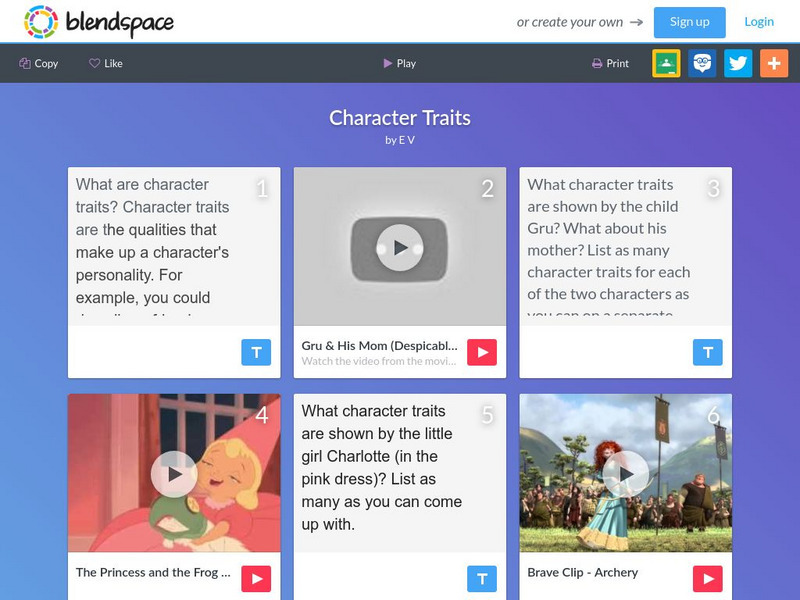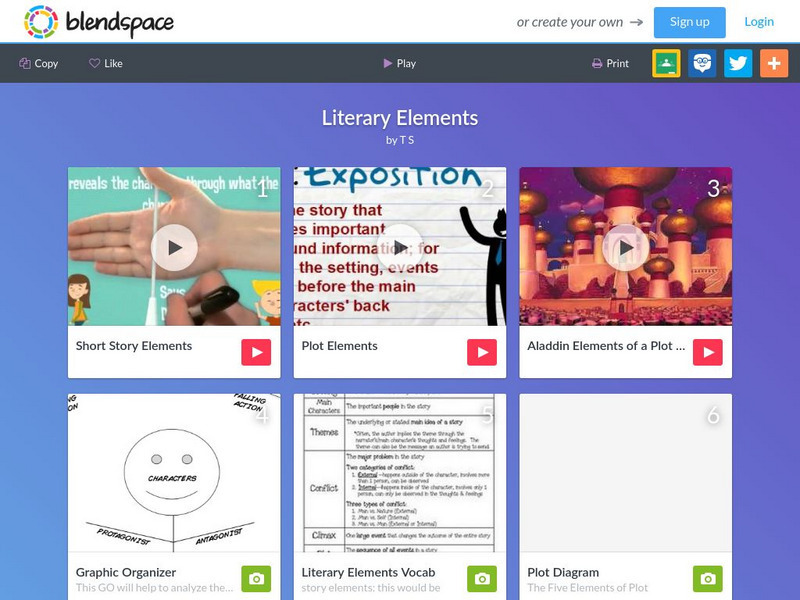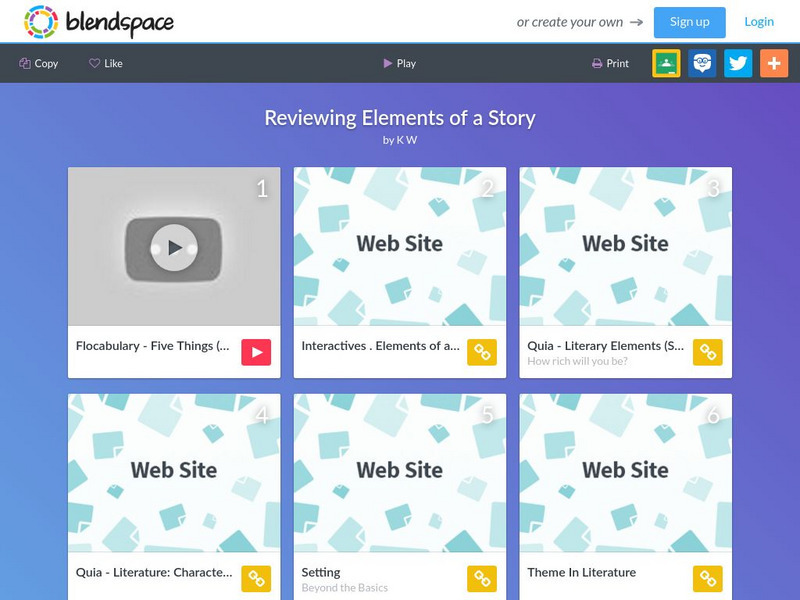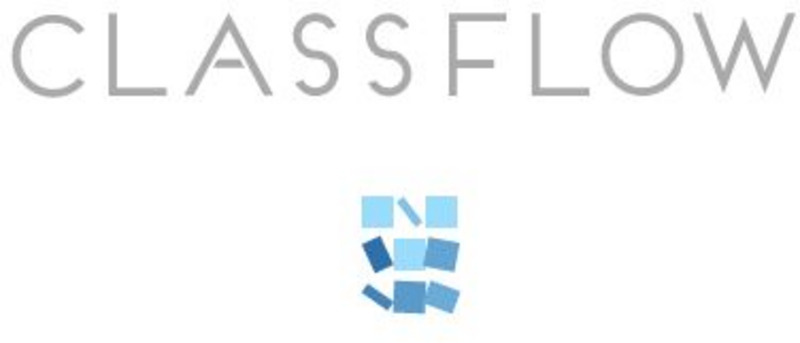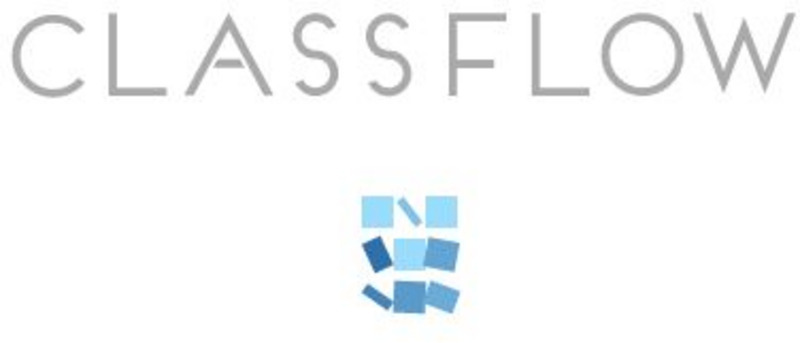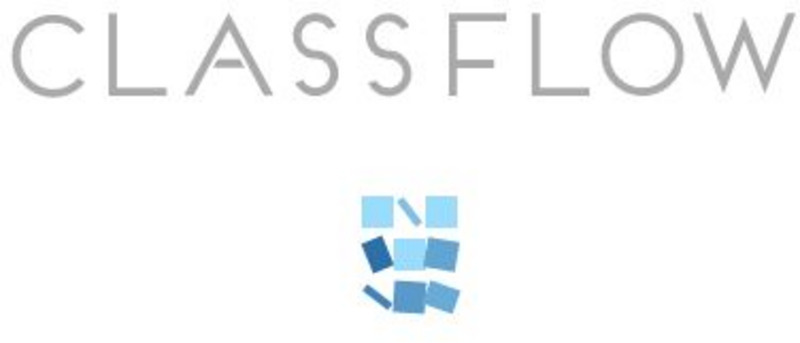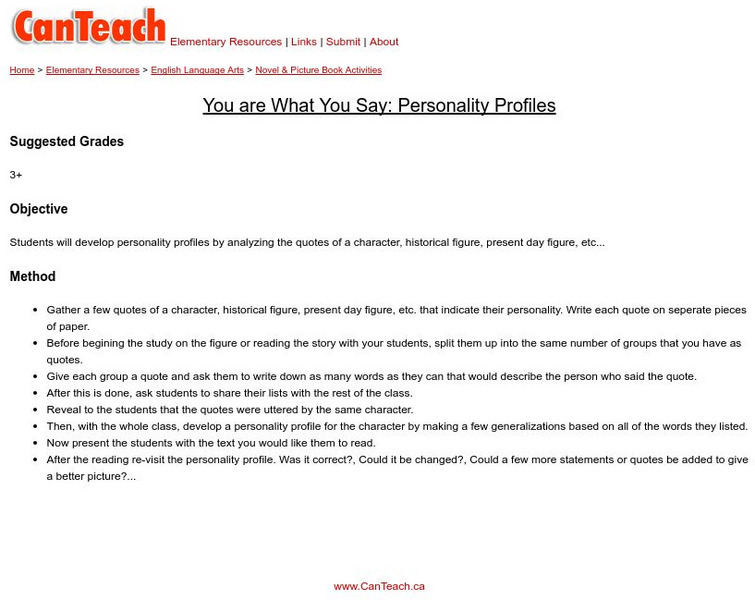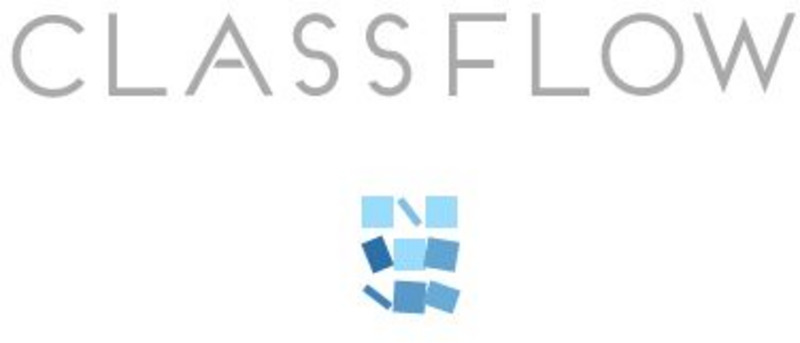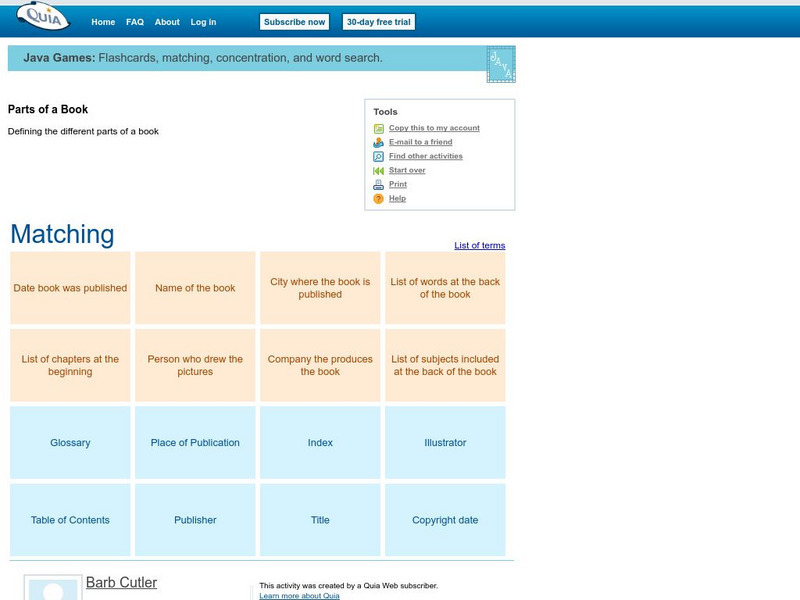Alabama Learning Exchange
Alex: Story Add Ons
This is a technology-rich lesson plan which allows students to explore proper language conventions while utilizing portable keyboards for word processing.
National Endowment for the Humanities
Neh: Edsit Ement: Cinderella Folk Tales (Lesson Plans)
These five activities allow students to explore the various Cinderella folktales, while comparing and contrasting the characters. They provide lesson extensions, links to charts, discussion questions and the like.
Curated OER
Mac Millan: Describe Characters in Stories
This learning module focuses on characters in stories including their actions, changes in character behaviors, and describing character traits. It includes an example passage with questions and answers and a practice passage with questions.
Other
C.a.s.t.l.e. Technology: Student Page: Compare and Contrast
A lesson plan requiring students to work in groups to create a modern version of a popular nursery rhyme and then compare and contrast the original version with the one they have created.
ReadWriteThink
Read Write Think: Book Report Alternative: The Elements of Fiction
Analyzing a book takes the form of creating their own when students complete this activity. The stated goal is to help students "Read like writers." Includes link to a template for student use.
Quia
Quia: Short Story Elements: Definitions
Students can choose from three different activities while practicing story elements. Flashcards give students a chance to learn the elements and their definitions. A matching game gives students an opportunity to test their new learning,...
Quia
Quia: Compare and Contrast Stories
This interactive assessment engages students in comparing and contrasting two literary text passages. Students will read two short passages and answer five questions that require students to compare and contrast the content of each story.
Other
Wilsonplays: Elements of Fiction
A chart that lists and defines the elements of a story including: character, setting, events, problem, and solution.
ReadWriteThink
Read Write Think: Compare and Contrast Rubric
Students and teachers can assess their own writing with this compare and contrast rubric.
Better Lesson
Better Lesson: Unit: Character Development in Historical Fiction: Bud, Not Buddy
Big Ideas: Authors write historical fiction to show the reader what it was like to live in a certain time period. Readers can use historical fiction to learn about new settings. People are influenced by and react to their setting so you...
TES Global
Blendspace: Short Stories
A thirteen-part learning module on short stories including links to videos, images, graphic organizers, games, informational sites, and more.
TES Global
Blendspace: Ela: Character Traits
Four video clips followed by questions to help students learn to identify character traits in literary texts.
TES Global
Blendspace: Interpreting Literature Terms
A fourteen-part learning module on literary terms including links to text, videos, word lists and images on literary terms such as plot, setting, character, point of view, style, theme, and more.
TES Global
Blendspace: Literary Elements
A six-part learning module with links to videos and graphic organizers on plot and plot elements.
TES Global
Blendspace: Reviewing Elements of a Story
A ten-part learning module with links to images, texts, websites, and videos to about story elements.
ClassFlow
Class Flow: Story Fairytale
[Free Registration/Login Required] Students learn the elements of a story through fairytales. These include character, setting, plot, and secret ingredient. Includes an Activote session.
ClassFlow
Class Flow: What a Character
[Free Registration/Login Required] This flipchart discusses ways that authors reveal character traits. Students learn to find examples in the literature to demonstrate that character traits. A sample assessment, graphic organizer and web...
ClassFlow
Class Flow: Alike? Different? Compare and Contrast
[Free Registration/Login Required] This flipchart contains numerous interactive activities. The flipchart introduces students to the concept of comparison and contrast, how it relates to real life, how it is used by authors, and signal...
ClassFlow
Class Flow: Character Analysis
[Free Registration/Login Required] This elementary flipchart uses examples from children's literature to explore character. It includes writing activities and challenges children to think from the character's point of view.
ClassFlow
Class Flow: Genres
[Free Registration/Login Required] This flipchart is an introduction lesson on fiction and nonfiction genres.
ClassFlow
Class Flow: Graphic Organizer Compare Contrast
[Free Registration/Login Required] This graphic organizer flipchart creates a template to help students compare and contrast ideas and objects. It can be used in many different subject areas.
Can Teach
Can Teach: You Are What You Say Personality Profiles
In this lesson plan students will develop personality profiles by analyzing the quotes of a character, historical figure, present day figure, etc. Lesson plan indicated for 3rd grade and above.
ClassFlow
Class Flow: Setting
[Free Registration/Login Required] This flipchart introduces setting to students using picture clues first and then using only contextual clues. Activotes are also used to check for understanding.
Quia
Quia: Parts of a Book
This is a matching game in which parts of a book are matched with their definitions. Java is required.


